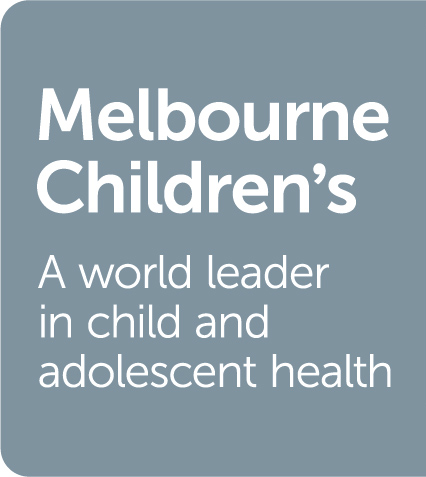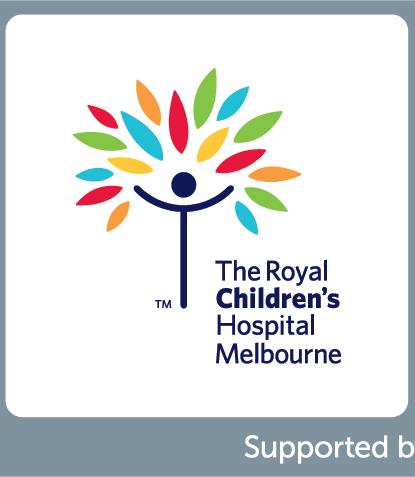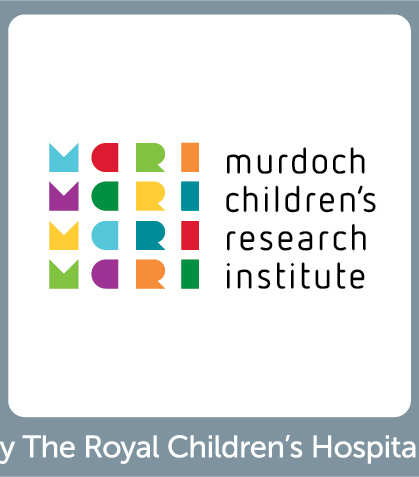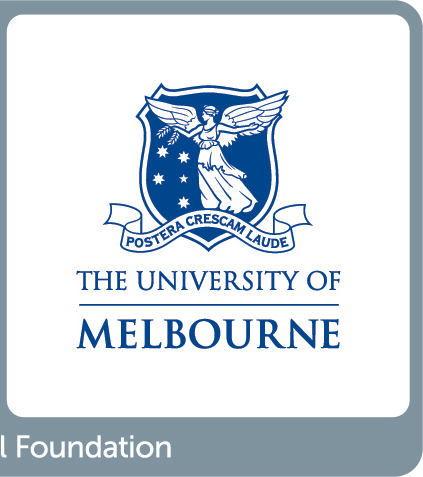Trauma Informed Preventative Care (TIPC)
Trauma Informed Preventative Care (TIPC) enables staff to realise and recognise the impact of all forms of trauma including family violence and enables staff to respond with empathy in the care of children and families. When faced with a challenging interaction, staff are asked to consider "What Happened to you?” rather than "What is wrong with you?" In this way they can resist re-traumatisation. Through an emphasis on physical, psychological, emotional, and cultural safety, TIPC provides a contextual framework for the care of children that complements family centred care and addresses the wellbeing of staff. TIPC therefore ties together key campus initiatives including the Campus Mental Health Strategy, the RCH Strategic Plan, the Clinician Compact, the RCH Staff Wellbeing plan and the RCH Quality and Improvement Focus.
Goals of TIPC:
- To recognize and respond to all forms of trauma and adversity in a trauma informed way
- To respond to behaviours of concern or challenging behaviours in a trauma informed way
- To prevent trauma and re-traumatization in the hospital
- To recognise and support staff impacted by STS
Discover more about Trauma Informed Preventative Care (TIPC)
Acknowledgement of Country



At Mental Health Central we acknowledge the traditional custodians of the land on which we live, gather and work. We recognise their continuing connection to land, water and community. We pay respect to Elders past, present and emerging.
Proudly supported by the Royal Children’s Hospital Foundation



